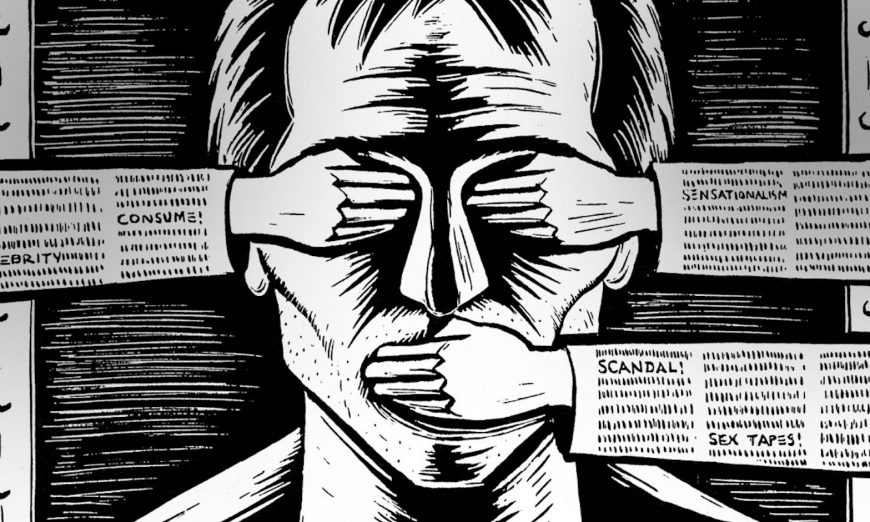Today’s Zaman Editor-in-Chief Dr. Bülent Keneş was given a suspended sentence yesterday of 21 months in prison over a tweet. Even though Keneş did not even mention a name in his tweet, President Recep Tayyip Erdoğan took a word personally and claimed that he had been insulted. In Turkish, the word “rezil” (rascal) is used to describe corrupt and immoral people. In his tweet, Keneş was describing corruption and Erdoğan found this word insulting.
I have had the chance to read the whole file, including the expert opinion of a lawyer. The penal court sent the file to an expert lawyer for his opinion about the nature of the crime. Both in the continental European legal system and the Anglo-American legal system, determining the nature of a crime is the judge’s duty. It is known that the judge couldn’t decide about the case, which featured the president on one side, so he simply passed the ball to a legal expert to make a decision. I do not understand what aspect of criminal law the judge doesn’t know about but the legal expert does. Because both the judge and the lawyer expert are legal professionals, there shouldn’t be such a gap in knowledge.
According to Article 62 of the Code on Criminal Procedure (CMK), only in cases requiring special and technical knowledge is it possible for a judge to ask for a legal expert’s opinion. The judge is not allowed to ask for such an expert opinion for general rulings; however, he asked for a determination about the nature of the crime in this case. Thus, the judge allowed the legal expert to decide on his behalf. This was unthinkable a few years ago, but it is possible today in the “new Turkey.” It is now possible in our judicial system, especially if President Erdoğan is a party in a case. We can ask more questions — such as about the expertise of this lawyer in cases concerning insults, or why the judge is establishing a new decision-making process by passing the case to an expert, contrary to Article 36 of the Constitution, which states that “no court can refuse to rule in a case within its jurisdiction” — but there is another point that is very interesting.
In his “expert opinion”, the lawyer used a comparison. He said “There can be some cognomes used to describe a specific people. If you say “little sparrow (minik serçe)”, everyone will recall famous singer Sezen Aksu (as it is her nickname).” With this comparison, he mentions indirectly that when we say “schmuk (rezil)”, automatically everyone will recall the president. In this way, he came to a result that Keneş has insulted Erdoğan without giving his name.
This ridiculous chain of reasoning resulted in a suspended sentence of 21 months in prison for Keneş. Furthermore, the judge suspended the sentence in line with Article 231 of the CMK, giving a possible period of imprisonment of less than two years but a probation period of five years. It is a blatant method of suppressing a journalist and the message has been made very clear.
The Austrian former editor-in-chief of Time magazine, Henry Anatole Grunwald, said: “Journalism can never be silent: that is its greatest virtue and its greatest fault. It must speak, and speak immediately, while the echoes of wonder, the claims of triumph and the signs of horror are still in the air.” Whoever makes threats or whatever the “new Turkey” orders, I believe that the free voice of our journalism will be heard.

